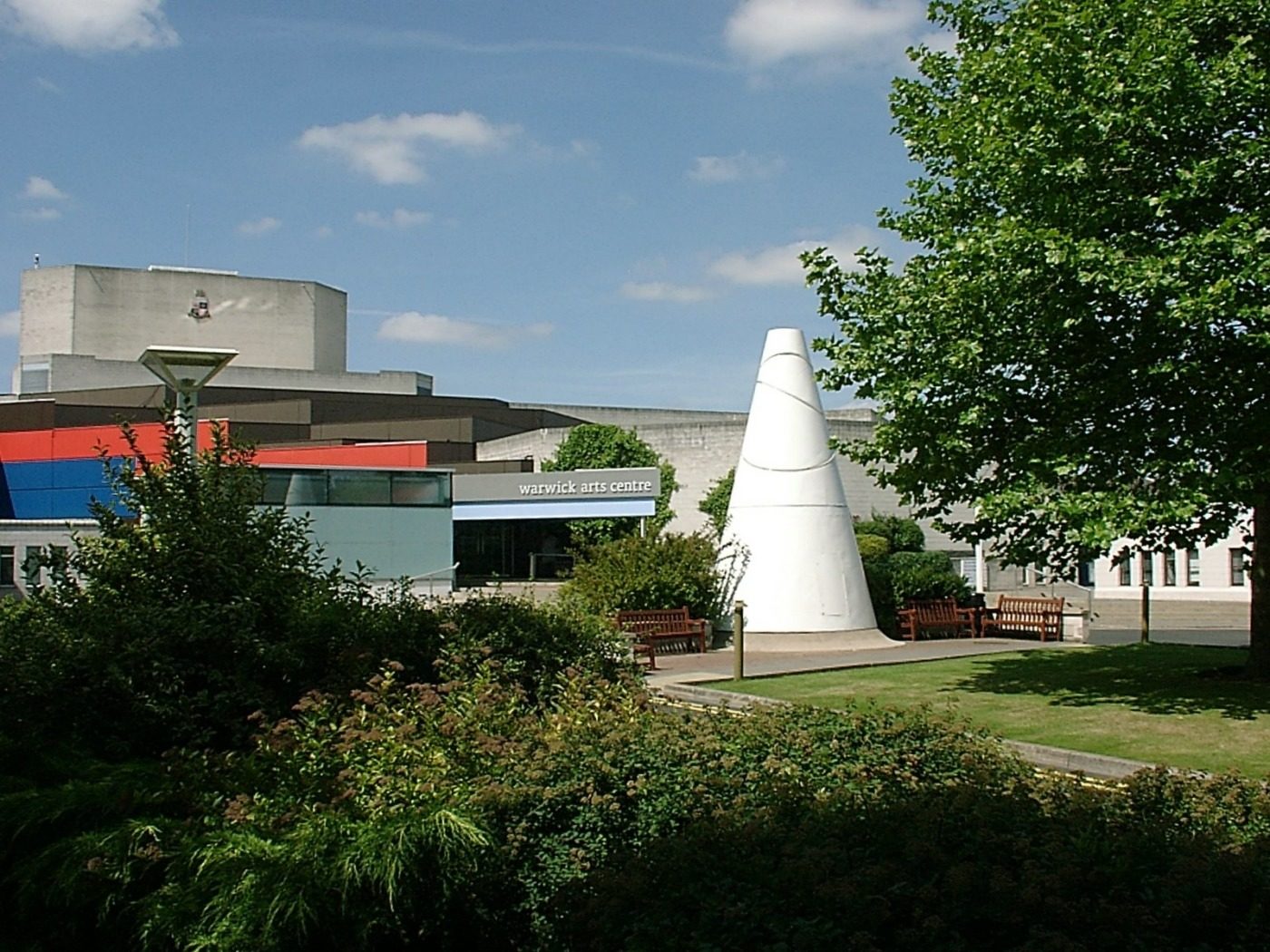Warwick ranked 26th in the world for sustainability
Universitas Indonesia (UI) declared the University of Warwick is the 26th most sustainable university in the world, and eighth in the UK, as part of its UI GreenMetric World University Rankings 2018.
Being the only university ranking in the world that measures 719 higher education institutions and their commitment to being “environmentally friendly”, UI uses six indicators to rank the universities: setting and infrastructure, energy and climate change, waste, water, transportation and education.
Warwick has stated that the result was partially due to the University “ensuring [that] new buildings are 20-30% more efficient than the average in the UK as well as having improved methods for recycling and disposing of [their] waste”.
“We also boast a fantastic 224 courses that include sustainability in one aspect or another,” a spokesperson continued.
Other British universities found closer to the top spot include: the University of Nottingham (2nd), the University of Oxford (4th), Nottingham Trent University (5th), Bangor University (8th), Keele University (13th), the University of Bradford (14th), and the University of Sussex (19th). The Dutch Wageningen University and Research took first place.
In a statement on Warwick University’s environmental policy in 2016, Vice Chancellor and President Professor Stuart Croft said that the University will seek to “integrate a consideration of environmental issues into all relevant aspects of the University’s teaching and research activities”.
It will be in conjunction with “local, national and other agencies [to] promote and raise awareness of good environmental management policies and practices to staff, students and other stakeholders across the University”.
Professor Croft also pronounced a desire to “promote purchasing policy” for “products and services which cause the least harm to the environment” whilst “implement[ing] sound long-term waste management strategies to reduce overall waste production.”
In the financial statements for the 2017/2018 academic year, the University stated an intention to encourage students to “engage with sustainability issues through teaching, research and student society projects, including the provision of optional modules, such as the Global Sustainable Development degree of an MSc in Sustainable Energy Technologies.”
Warwick University has also provided the Undergraduate Research Support Scheme (URSS) summer internships to provide students with an opportunity to carry out research in the energy industry.

Comments (1)